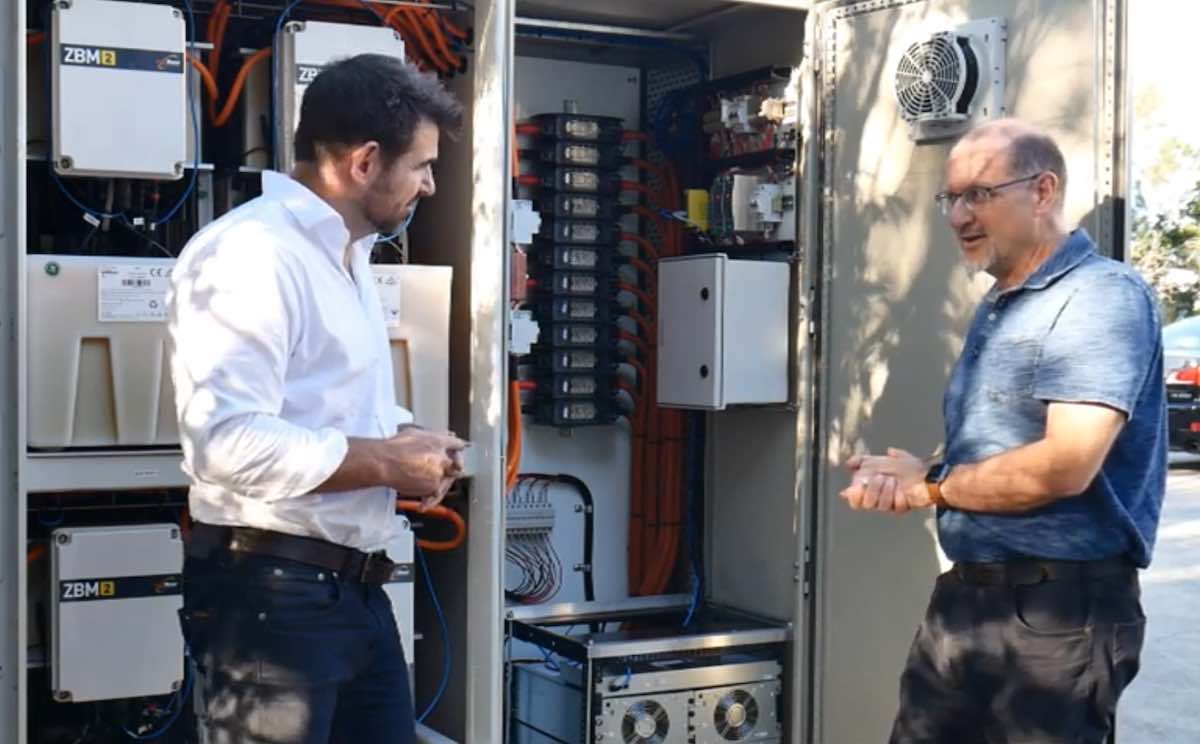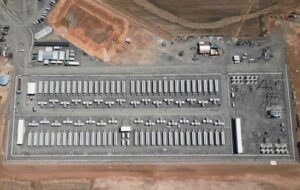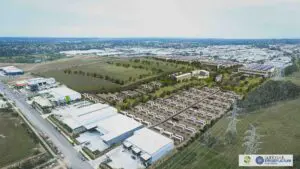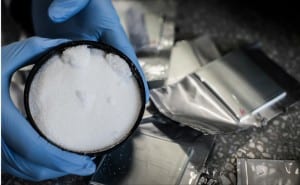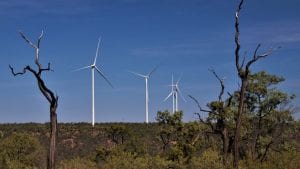One of Australia’s biggest battery technology hopefuls, Redflow, has been placed into voluntary administration in yet another blow to the country’s green industry ambitions.
The Brisbane-based company has been working for more than a decade on its flow battery technology – which has the advantage of longer duration and zero fire risk – but has been struggling on the issue of costs, particularly as the price of lithium-based batteries continues to fall.
The company had hoped to launch a megawatt-hour scale version of its battery, known as X10, and had signed an MoU to install a 5 MWh battery with state-owned energy company Stanwell.
But while it received offers of support from various government agencies, it says it has been unable to secure matching funding from investors to support the development of the project, which would have featured eight hours of storage.
“Over the past nine months Redflow has engaged with a number of state and federal governments and agencies that confirmed that significant Government support was available to fund the Redfow plan,” the company said in a statement on Friday.
“In order to access these funds, however, Redflow required significant “matching funding” from the Australian capital markets.
“Based on encouraging external financial advice, Redflow considered and pursued the equity funding sources available to it, but in the current market, has been unable to attract the required equity support.
“In the absence of such support, the directors believe that Redflow is unable to continue as a going concern and have no option but to place the Redflow Group into voluntary administration.”
The company said Richard Hughes and David Orr from Deloitte have been appointed as voluntary administrators of Redflow Ltd and its Australian subsidiaries. They will undertake a review and assessment of Redflow’s business and financial position before making recommendations on its future.
The Redflow statement comes just months after the failure of another Brisbane-based green technology pioneer, Tritium, the maker of EV-fast charging equipment that has since been sold to India’s Exicom. Evie Networks has also had to shed 30 staff and ramp down its depot and home charging plans because of fierce competition.
It highlights the difficulties for Australian companies competing in a global market, and some of the challenges for the federal government’s Made In Australia plan, which seeks to support Australian-based manufacturing.
The Redflow statement made no mention of the MoU with Stanwell, which was announced in July, and foreshadowed a project of up to 400 MWh which would serve as a potential anchor order for Redflow’s planned Queensland factory.
Founded in 2005 by brothers Chris and Alex Winter, Redflow designs flow battery technology that offers a much longer duration, safer and longer lasting alternative to lithium ion.
Its batteries use water-based electrolytes, which act as a fire retardant, making them ideal for critical infrastructure like hospitals, power stations and military bases.
It manufactures its zinc bromide flow batteries in Thailand, and in July said it had made significant inroads into the US market since the introduction of the Biden government’s Inflation Reduction Act (IRA), including being tapped by the California Energy Committee to supply 15.4MWh of batteries for a microgrid project.
It said then it was also in talks to supply 34MWh of battery storage to the US Department of Energy for the Valley Children’s Hospital, with final contracting set to be finalised in the first half of the 2025-26 financial year.
On its home turf, success had been patchy, but a recent policy focus on building domestic battery supply chain capabilities from both the federal and Queensland governments has put Redlfow in the spotlight.
At a quarterly investor briefing in January outlining the company’s four-year “path to profitability plan,” Redflow flagged a bigger, better “next generation” zinc bromide flow battery in the works called X10 that would be competitive with all large-scale battery technologies on the market, including lithium.
In late July, the company said it was cash flow positive in the fourth quarter, helped by a small equity fund raising. But it was unable to find the backers for its bigger projects.
The company’s shares – which debuted on the market in 2010 – have been suspended from trade. They peaked at 81c in 2021 but last traded at less than 10c a share, giving the company a market valuation of around $24 million.
The biggest shareholder in Redflow is former IT entrepreneur and EV enthusiast Simon Hackett, who has served as the company’s chairman, CEO, chief technology officer and main publicist, and has installed the storage products in his home and business premises.
A brief statement from Deloitte’s David Orr, said: “The business will continue to trade while the Administrators undertake an urgent assessment of its financial position and the future of the business and its assets.”

